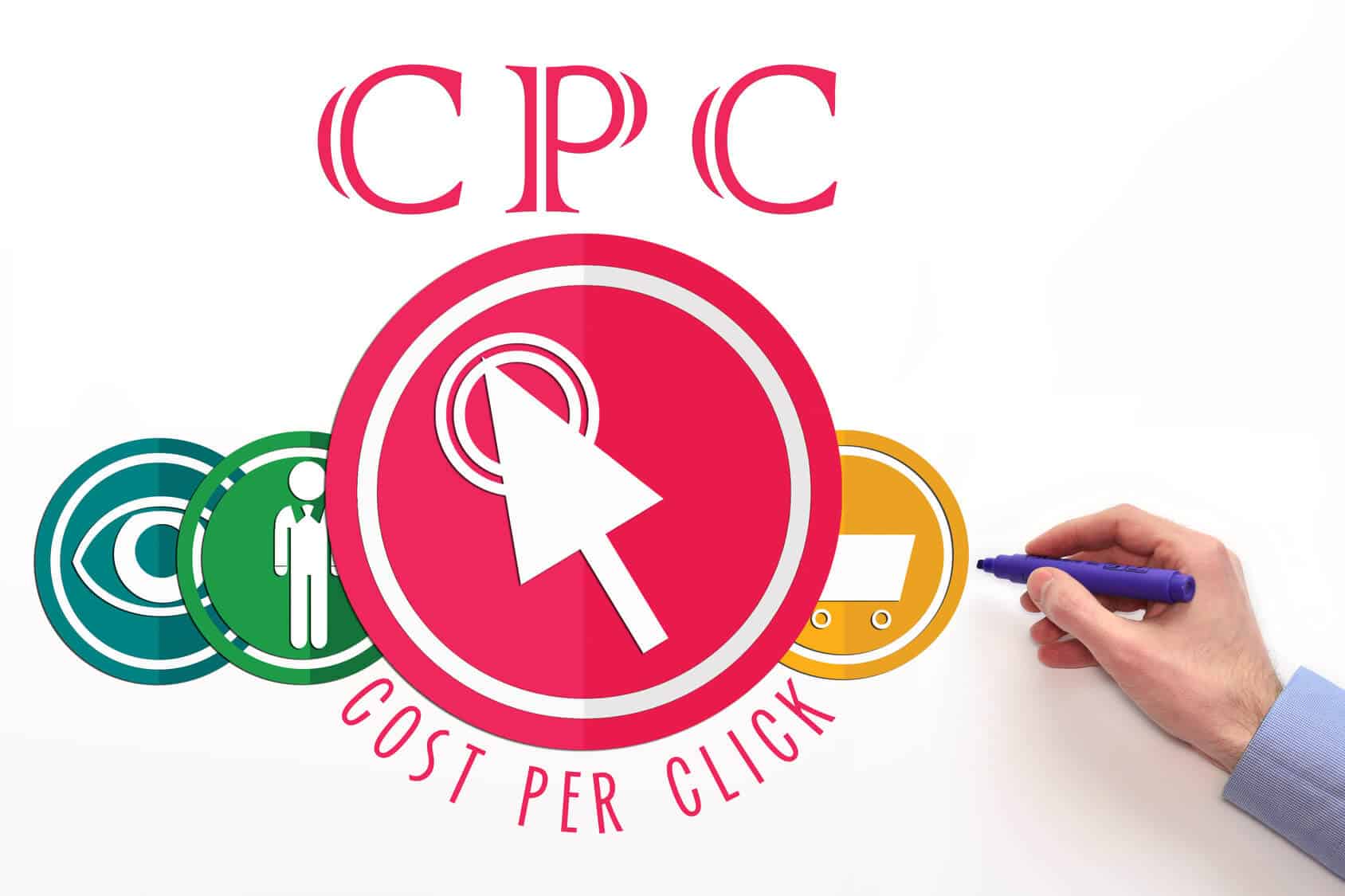CPC marketing, or cost-per-click, can be a great way to drive traffic to your site. But it’s also easy to overspend. Here are 5 things you should know!
CPC marketing, sometimes called pay per click (PPC) marketing, is an online advertising strategy that involves you paying each time someone clicks on one of your ads.
It’s a great way to drive traffic to your site, but with so many different numbers and acronyms, it can be difficult figuring out what factors are impacting your budget. And a confusing budget can easily become a blown budget.
Not to worry! Here are 5 things to help you demystify CPC marketing before you dive in the deep end.
1. Understand Your Maximum CPC Bid
Google Adwords is the forerunning platform for serving CPC advertisements, with a fully automated bidding system in place.
CPC bidding campaigns involve you setting a maximum cost per click bid, which sets the maximum you’re willing to pay for a click on your ad. Your max. CPC is often not the amount you end up spending per click, but it can be, so it’s important your budget takes it into account.
2. Know your Actual CPC
Your Actual CPC is how much you’re actually charged each time someone clicks on your ad. It’s often less than your max. CPC because you’re paying what’s minimally needed to hold your ad’s position within the AdWords auction.
Keeping track of your Actual CPC means you can measure the total spend of your CPC campaigns, which will allow you to determine which specific ads are earning you clicks. From there you can refine your campaigns for better performance.
3. Master the Quality Score
Google’s Quality Score is the rating of the quality and relevance of both your keywords and your ad itself. It’s used to calculate your CPC and is multiplied by your maximum bid to work out the rank of your ad among your competitors in the auction.
Your Quality Score is one of the most important factors of an effective CPC campaign, so it’s important you understand the factors that go into calculating it.
Those factors include:
- Click-though rate (CTR)
- Keyword relevance
- Landing page quality
- Relevance of the text in your ad
- Your previous CPC campaign performance
Google’s automated system offers pricing discounts to well-designed CPC campaigns with high-Quality Scores, so mastering this element will go a long way to ensuring your CPC campaign budget is a healthy one.
4. Keep Your Reach Refined
Your first instinct might be to maximise your campaign’s reach by any means possible, but this isn’t the way to CPC campaign success.
The best CPC campaigns are refined ones. Consistently designating negative keywords ensures you filter out traffic from searchers that are highly unlikely to convert. This, in turn, raises your Quality Score, improves the relevance of your ads, and gives you more bang for your budget.
5. Don’t Neglect Your Landing Pages
All the targeted CPC ads in the world won’t mean anything if your landing pages aren’t optimised for conversion.
Spending time and effort on your website’s user experience, design, and build boosts your Quality Score and ensures your CPC marketing efforts aren’t going to waste.
Master Your Next CPC Marketing Campaign
CPC marketing lets you only pay for the leads you receive. In the ever-competitive online marketplace, this can boost your business a lot quicker than a lot of other advertising methods.
So while it can seem daunting to those just starting out, CPC marketing is well worth your time and effort.
And with a knowledge of your Actual CPC, mastery of your Quality Score, and a refined reach, your next campaign is already off to a solid start.
Your next step: turn that extra traffic into customers with these 7 tips on improving your conversion rate.


